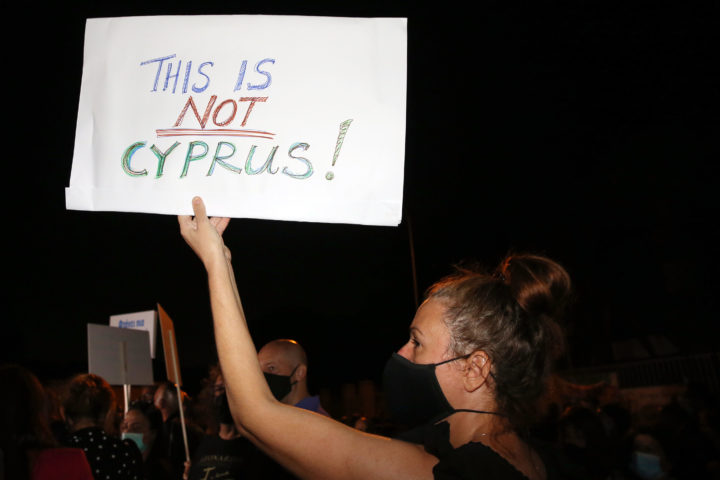The traditional political parties have already embarked on their election campaigns, planning for May 2021, where they hope, at best, to maintain their seats in the 56-member House.
Judging from the growing frustration and ambivalence among the public in 2016, when the ‘big four’ collectively lost seven seats, the fallout could be greater this time around with the voter turnout expected to be lower, after recording a 12% drop from the 2011 elections.
Parties, subsidised by taxpayers’ money to keep them financially afloat, are looking for new faces, not fresh ideas, to drum up support for their preferred candidates and ultimately ensure they keep their grip on Cyprus politics.
What Cyprus needs is a fresh approach to everything – from better education to tackling corruption, making the economy sustainable and providing cheaper and cleaner energy.
There are many issues we do not debate, as a result of which the few take decisions on behalf of the many.
In an attempt to feel the voters’ pulse, telephone pollsters are churning out names to see who is more likeable to the general public, throwing in the occasional female name.
It should not matter if you are pretty, wealthy, or connected to some well-known family.
What matters is having an opinion on as many issues as possible and expressing these with the clearest, understandable, and most convincing way.
The cul-de-sac Cyprus problem, varying from one discussion to another needs to be explained in simple terms if it is headed anywhere, which politicians prefer not to do in order to justify their existence.
Stating the obvious, women should have a say in everything, but their right is not exercised fully with many female voters having to choose a male on the ballot, simply because it is “for the good of the party”.
The interim elections in August to choose a new mayor, apart from underlining voter apathy, judging from the poor turnout, also showed that many continue to vote like sheep, casting their vote for their party candidate, regardless if they are worthy.
On the other hand, an interesting outcome was the Greens’ candidate, who despite facing tall odds, garnered a ratio twice the party average.
Was it the environment? Could it be the people in that part of town were concerned with specific controversies, such as cutting down road-side trees without offsetting that action with new plantings?
Or is it a road that some want to build, slicing through the national park like a sharp and deadly knife?
Local issues are just as important as national worries.
In parliamentary elections, all matters should be debated from climate change to gender equality not mired in the narrow confines of party politics.
Before getting out the searchlight to find new and electable candidates, all stakeholders (parties, government, citizen groups) should first drum up support to get people to vote.
Without a strong electorate, elections will become a sad reflection of a disenfranchised democracy rather than inspiring reform and inclusion.
We deserve better than that.










